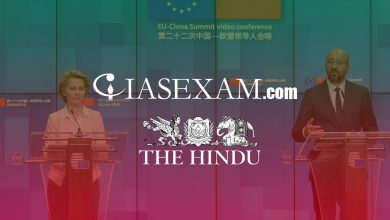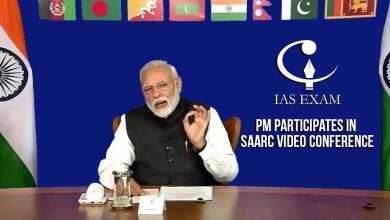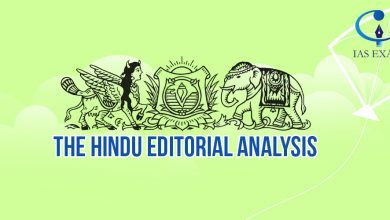An Unclear Revamp
No clarity on whether the recent MEA restructuring aligns with India’s strategic goals
The restructuring of the Ministry of External Affairs (MEA) to effectively empower seven different Additional Secretaries and re-organise their tasks along themes has been widely reported. There is less discussion on whether strategic goals have been updated and how the new capabilities mesh with expected outcomes.
Identifying areas of longer-term impact, empowering Additional Secretaries to oversee integrated tasks and giving Secretaries more time to strategize are laudable objectives of the organizational change. Inducting outside expertise in areas such as trade and economics, and cultural power and development partnerships is also needed as the contours of these issues are more technical than diplomatic.
That apart, negotiations in international organisations require understanding the negotiating strategy of others; listing compromises made in the past to secure lost ground; and assessing in advance implications of the inevitable trade-offs that are made at the final stage. But India’s civil service tenure rules do not recognise the importance of negotiation history and global trends.
Integration of two verticals
- Consolidated territorial divisions reflect changing geopolitical realities in Europe, Africa and West Asia, but how are our vital interests affected by the integration of the Indian Ocean and Indo-Pacific regions into one vertical?
- We see the region, as the Prime Minister stated in the Shangri-La Dialogue in Singapore, in 2018, as a “free, open, and inclusive” region, not “directed against any country,” with “Southeast Asia at its centre.” But are relations with ASEAN part of the vertical’s remit? How will it interact with the other new verticals on international organisations and trade? Have India’s priorities changed on maritime security?
- It is also unclear why we are focusing to this extent on ‘soft power,’ or on shaping the preferences of others in terms of culture, instead of sharing the technology layer powering Aadhaar, in which many other countries have been showing an interest.
- The missing piece in the restructuring is silence on the role of the Public Policy and Research Division, now headed by an outstanding officer. It was central in an earlier round of restructuring with inclusion of military officials and consultants from academia and think-tanks.
Unrealized potential
This raises the question of whether the persisting gap between our potential to play a global role and performance, which shows us more as a regional power, has been addressed. This would require us to understand why there is a gap in identifying decisions and actions that are more important than others, and in making difficult choices about what is most important.
In a fast-changing global environment, resources need to be concentrated on a limited number of objectives, to be achieved within a defined time-frame. The institutions and rules established by the U.S. and the Belt and Road Initiative of China are examples.
SOURCE: The Hindu





.png)



